If you're aiming for a career in challenging fields like consulting or finance, you've probably looked into various selection processes. But have you heard of situational judgment tests? These tests are becoming increasingly important in many recruiting processes, especially in industries where strong soft skills are just as essential as technical expertise.


Situational Judgment Tests: What to Expect
What Is a Situational Judgment Test?
A Situational Judgment Test (SJT) is essentially a test that presents you with realistic work scenarios to assess how you would respond in certain situations. The idea behind it: Employers don’t just want to know if you have the right hard skills, but also test your decision-making abilities, teamwork, and problem-solving skills.
In an SJT, you’re given scenarios that you might encounter on the job – for example, a team conflict, an unexpected challenge, or prioritizing tasks under time pressure. For each scenario, you’ll be presented with several possible responses and asked to choose the best or most appropriate one. Sometimes, you may also need to rank the responses based on their effectiveness.
What makes Situational Judgment Tests unique is that there’s often no clear-cut “right” or “wrong” answer. Instead, the test evaluates how well your responses align with the job requirements and the company culture. Situational Judgment Tests help employers understand how you think, act, and handle challenges in the workplace.
Why Are Situational Judgment Tests Used?
SJTs are primarily used to assess essential personal traits and skills beyond technical qualifications. They are an effective tool for evaluating candidates in ways that traditional application methods often cannot.
Here are some of the key reasons why SJTs are commonly used:
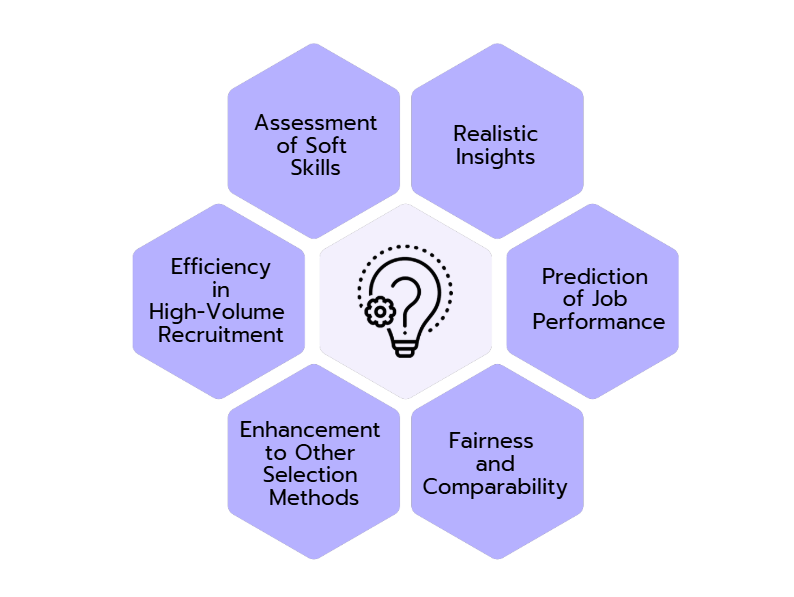
Assessment of Soft Skills
Situational Judgment Tests are perfect for testing skills like decision-making, teamwork, problem-solving, communication and stress management. These abilities are crucial in many roles.
Realistic Insights
By simulating work situations, employers can observe how candidates would react to scenarios they might actually face on the job. This provides a clearer picture of whether someone fits the team and company culture.
Prediction of Job Performance
Studies show that SJTs can be a good predictor of future job success, especially in roles that require social interaction, conflict resolution, and prioritization.
Fairness and Comparability
SJTs offer a standardized approach to evaluating candidates, reducing the likelihood of bias. Every applicant receives the same scenarios, allowing for objective comparisons.
Enhancement to Other Selection Methods
SJTs are often used alongside CV reviews, technical tests or interviews. They provide a more complete view of a candidate’s potential and capabilities.
Efficiency in High-Volume Recruitment
For companies handling large numbers of applications — like those for trainee programs or entry-level roles — Situational Judgment Tests help streamline the selection process efficiently without compromising quality.
Applications of Situational Judgment Tests
Situational Judgment Tests are used across a wide range of fields, especially where soft skills play a crucial role. Here are some industries where SJTs are commonly applied:
1. Consulting
In the consulting industry, SJTs are popular because consultants often work in complex, dynamic situations. These tests help companies like PwC, Deloitte, KPMG, or EY identify candidates who can combine analytical thinking with effective communication under pressure.
👉 Check out our article on building a career in consulting to learn more about this field, its career opportunities and salaries.
2. Finance
In finance — particularly in investment banking, asset management, and other demanding roles at institutions like Deutsche Bank, Goldman Sachs or Barclays — SJTs are used to assess how candidates handle stress and make decisions in uncertain situations.
👉 Interested in a career in this field? Read our article on preparing for finance interviews!
3. Management and Leadership Programs
Organizations seeking future leaders often use Situational Judgment Tests to evaluate candidates’ potential to lead effectively, resolve conflicts and make strategic decisions.
Governments and public agencies use SJTs to test candidates for administrative and management roles. These tests typically focus on problem-solving, fairness and decision-making within regulatory frameworks.
5. Technology and IT
In the tech industry, SJTs are also used, particularly in roles involving client interaction or teamwork. They help evaluate how well someone responds to challenges requiring both technical and interpersonal skills.
Well-Known Companies Using SJTs in Their Recruitment Processes
Situational Judgment Tests are employed by several companies in the consulting and finance sectors to evaluate candidates' suitability for specific roles. Here are some companies that use SJTs in their hiring processes and might be of interest to you:
PwC (PricewaterhouseCoopers)

PwC is a global leader in auditing, tax and consulting services. The company uses Situational Judgment Tests to assess how well candidates handle professional challenges and whether their soft skills align with the demands of consulting roles
👉 Check out our PwC Interview Guide for detailed information about the company and its entire recruiting process.
Deloitte![]()
Deloitte, one of the "Big Four" accounting and consulting firms, provides services in areas such as strategy, technology, and risk management. The company uses SJTs to evaluate candidates’ problem-solving and decision-making abilities, which are crucial for challenging client projects.
👉 Interested in a career at this prestigious firm? Take a look at our Deloitte Interview Guide for more insights!
KPMG
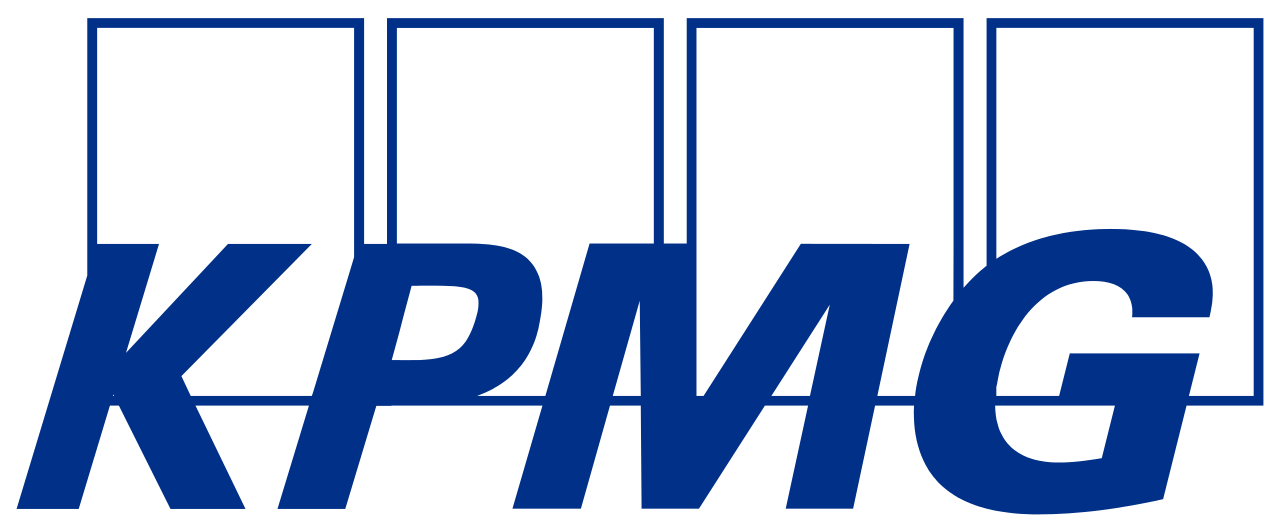
KPMG is a global consulting and auditing company operating in over 140 countries. SJTs are part of their recruitment process to assess candidates' skills in teamwork, problem-solving and decision-making.
👉 Read our KPMG Interview Guide to learn more about their application process!
EY (Ernst & Young)
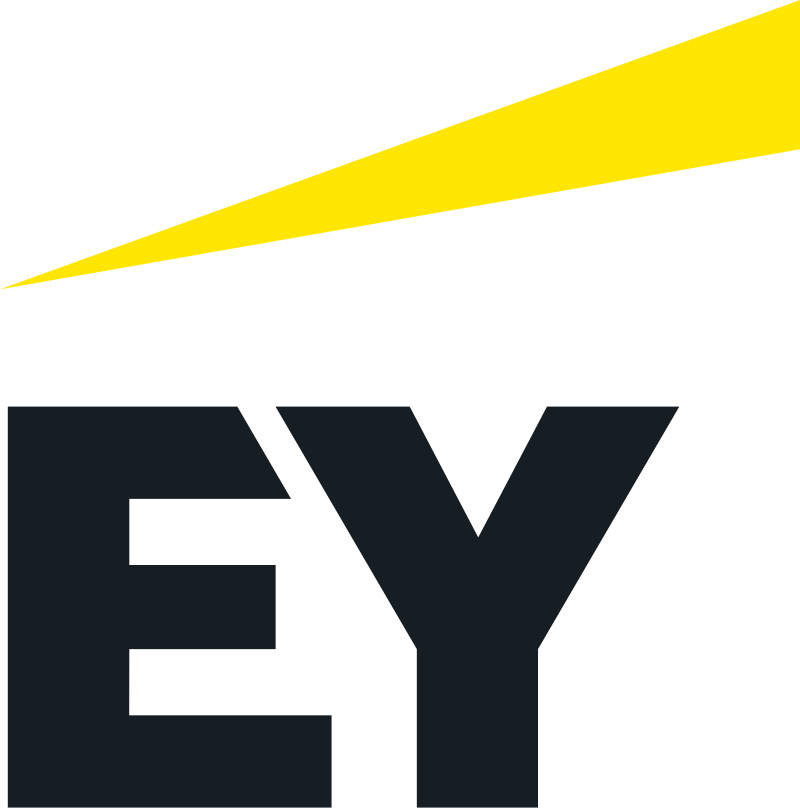
EY is a leading company in auditing, tax advisory, and transaction consulting. They use Situational Judgment Tests to evaluate how candidates respond to typical workplace scenarios and whether they possess the necessary interpersonal skills for the role.
Deutsche Bank

Deutsche Bank is one of the world’s leading financial institutions, focusing on investment banking, asset management and private client services. They incorporate SJTs into their online assessments to test candidates’ decision-making and adaptability in demanding scenarios.
👉 Check out our Deutsche Bank Interview Guide and find out everything you need about their recruitment process.
Typical Questions in a Situational Judgment Test
To give you a better idea of what to expect in a Situational Judgment Test, we’ve prepared a few typical questions for you. These examples highlight common topics, though actual test questions might be a bit more complex.
Remember, it’s not just about what you would do, but also how you prioritize and justify your decisions. There’s often no universally “correct” answer. Take a look at these scenarios and think about how you would respond:
Teamwork
A team member repeatedly delivers incomplete work, delaying project progress. What would you do?
a) Discuss the issue directly with them and offer your support.
b) Ignore it and try to handle the work yourself.
c) Inform your supervisor without speaking to the person first.
Customer Orientation
A client requests last-minute changes that are nearly impossible to implement. How do you respond?
a) Honestly explain what’s feasible and suggest realistic alternatives.
b) Implement all the changes, even if it jeopardizes the deadline.
c) Decline the request to keep the project on schedule.
Conflict Management
Two team members disagree on project priorities and the situation escalates. How do you handle it?
a) Mediate and try to find a compromise.
b) Support one side to move forward more quickly.
c) Ignore the argument since it’s not directly your responsibility.
Time Management
You have several urgent tasks but can’t complete them all at once. What do you do?
a) Prioritize the tasks and consult with your supervisor.
b) Work overtime to finish everything on time.
c) Postpone the less critical tasks without informing anyone.
Integrity
A colleague asks you to overlook a minor discrepancy in a report due to time pressure. How do you respond?
a) Refuse and insist the discrepancy be corrected.
b) Agree to ignore it to avoid delaying the project.
c) Report the issue to your supervisor without discussing it with your colleague.
How to Prepare for Situational Judgment Tests
The good news: You don’t need any specific technical knowledge for Situational Judgment Tests. What you do need is a clear mind and a good sense of interpersonal dynamics. With a few simple steps, you can prepare effectively:
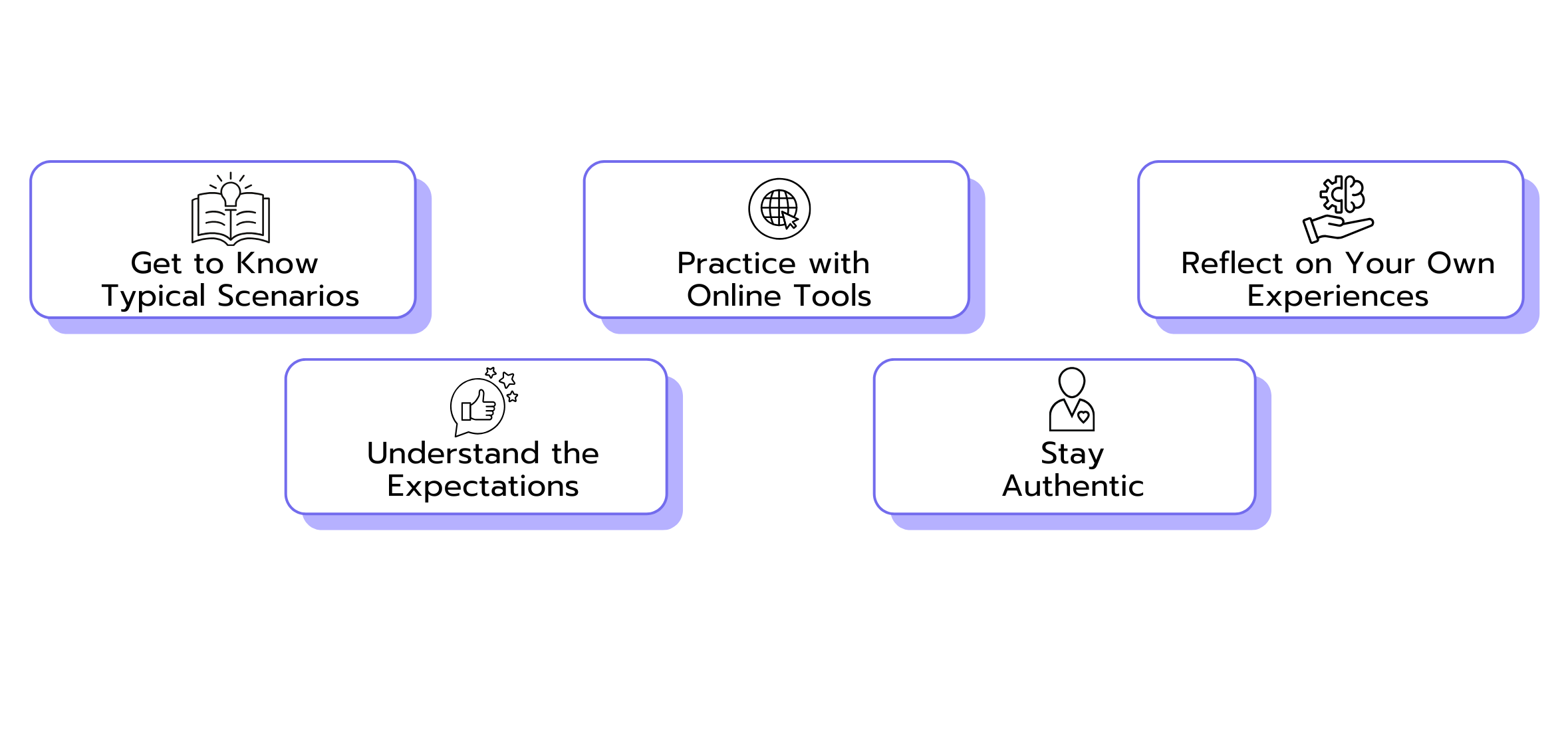
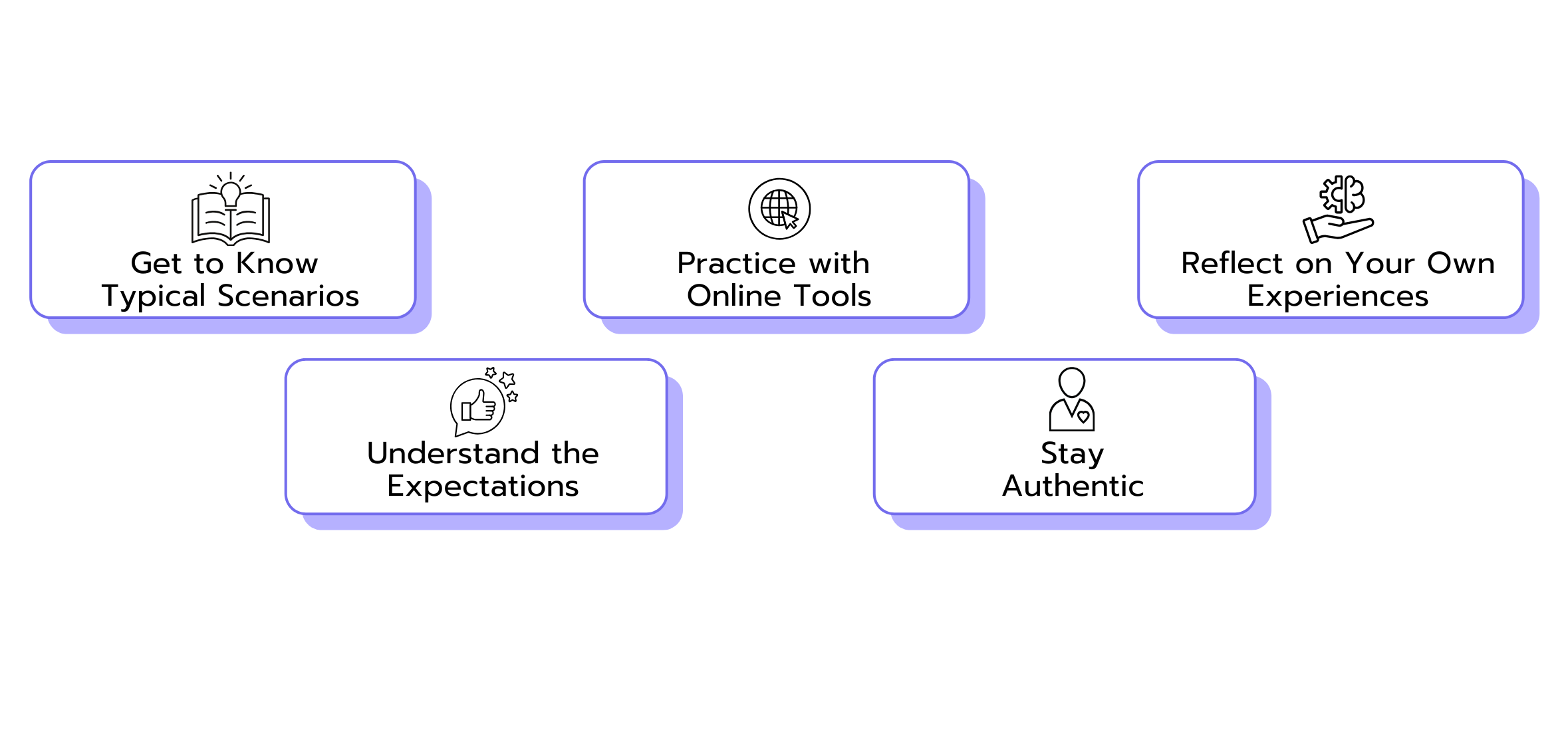
Get to Know Typical Scenarios.
Familiarize yourself with example questions from areas like teamwork, time management, or client communication. The more scenarios you work through, the more confident you’ll become.
Understand the Expectations.
Employers generally look for candidates who are team-oriented, solution-focused and able to handle conflicts. Think about how you’d act and keep the company’s culture in mind while making decisions.
Practice with Online Tools.
Platforms like JobTestPrep or Aon Assessment offer practice questions for SJTs, helping you get a feel for their structure.
👉 You can also use our Stress Questions Tool to prepare for similar scenarios.
Stay Authentic.
Avoid trying to provide the "perfect" answer. These tests aim to showcase how you’d genuinely react in real-life situations. Honesty often works better than rehearsed responses.
Reflect on Your Own Experiences.
Think about how you’ve handled similar situations in the past. What worked well? What didn’t? Drawing from personal experiences can help you make faster, more confident decisions during the test.
Key Takeaways
Situational Judgment Tests Are Becoming More Common.
If you’re aiming for a career in competitive fields like consulting or finance, you’ll likely encounter SJTs. They’re an effective way to evaluate not only technical knowledge but also soft skills like decision-making, teamwork and problem-solving.
SJTs Offer Realistic Scenarios Instead of Standard Questions.
Situational Judgment Tests present you with typical workplace situations, such as team conflicts or prioritization challenges. Instead of looking for “right” answers, they assess how well your decisions align with the role and company culture.
SJTs Are Used Across Many Industries.
From consulting and finance to IT and public administration, SJTs are widely utilized. Companies like Deloitte, PwC, KPMG, and EY rely on them to identify the right talent.
Preparation Is Key.
While SJTs don’t require technical expertise, targeted preparation can make a big difference. Practice typical scenarios, understand the specific demands of your industry and reflect on your own experiences to approach the test with confidence and authenticity.
Continue to Learn





